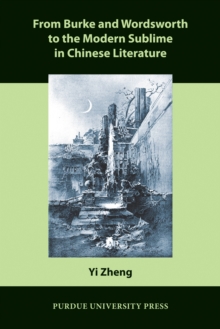
Transnational Discourses on Class, Gender, and Cultural Identity PDF
by Irene Marques
Part of the Comparative Cultural Studies series
Description
This exploration of class, feminism, and cultural identity (including issues of race, nation, colonialism, and economic imperialism) focuses on the work of four writers: the Mozambican Mia Couto, the Portuguese Jose Saramago, the Brazilian Clarice Lispector, and the South African J. M. Coetzee. In the first section, the author discusses the political aspects of Couto's collection of short stories Contos do nascer da terra (Stories of the Birth of the Land) and Saramago's novel O ano da morte de Ricardo Reis (The Year of the Death of Ricardo Reis). The second section explores similar themes in Coetzee's Life and Times of Michael K and Lispector's A hora da estrela (The Hour of the Star). Marques argues that these four writers are political in the sense that they bring to the forefront issues pertaining to the power of literature to represent, misrepresent, and debate matter related to different subaltern subjects: the postcolonial subject, the poor subject (the "poor other"), and the female subject. She also discusses the "ahuman other" in the context of the subjectivity of the natural world, the dead, and the unborn, and shows how these aspects are present in all the different societies addressed and point to the mystical dimension that permeates most societies. With regard to Couto's work, this "ahuman other" is approached mostly through a discussion of the holistic, animist values and epistemologies that inform and guide Mozambican traditional societies, while in further analyses the notion is approached via discussions on phenomenology, elementality, and divinity following the philosophies of Levinas and Irigaray and mystical consciousness in Zen Buddhism and the psychology of Jung.
Information
-
Download - Immediately Available
- Format:PDF
- Pages:220 pages
- Publisher:Purdue University Press
- Publication Date:16/01/2012
- Category:
- ISBN:9781612491646
Other Formats
- EPUB from £19.54
- Paperback / softback from £38.95
Information
-
Download - Immediately Available
- Format:PDF
- Pages:220 pages
- Publisher:Purdue University Press
- Publication Date:16/01/2012
- Category:
- ISBN:9781612491646










